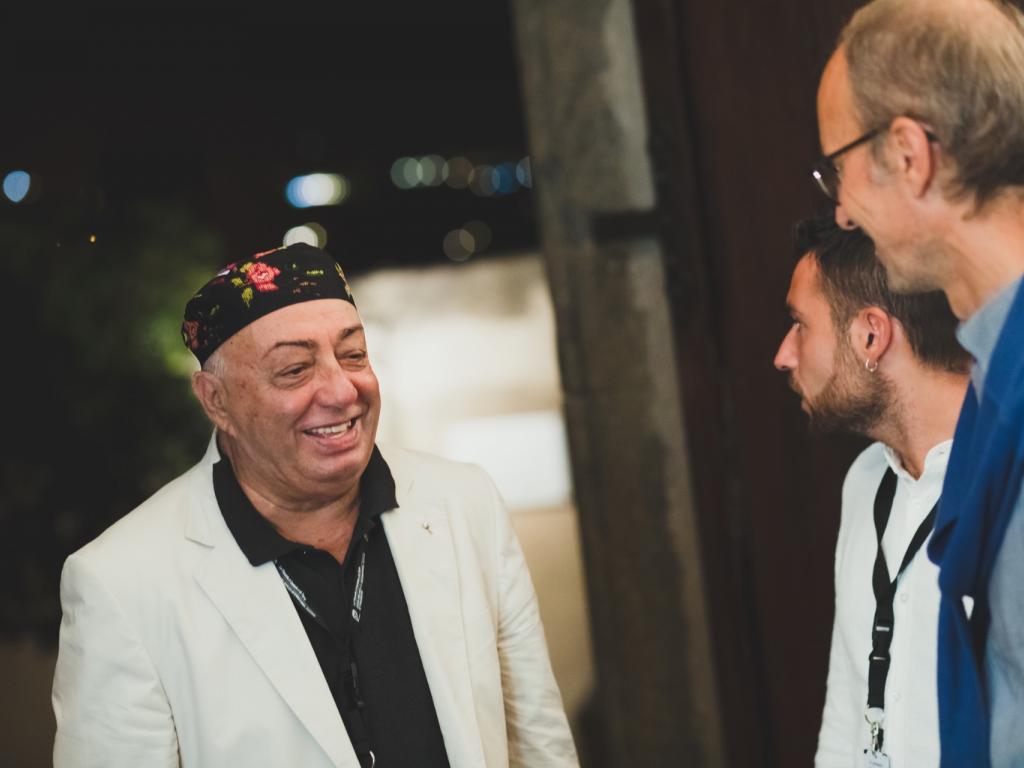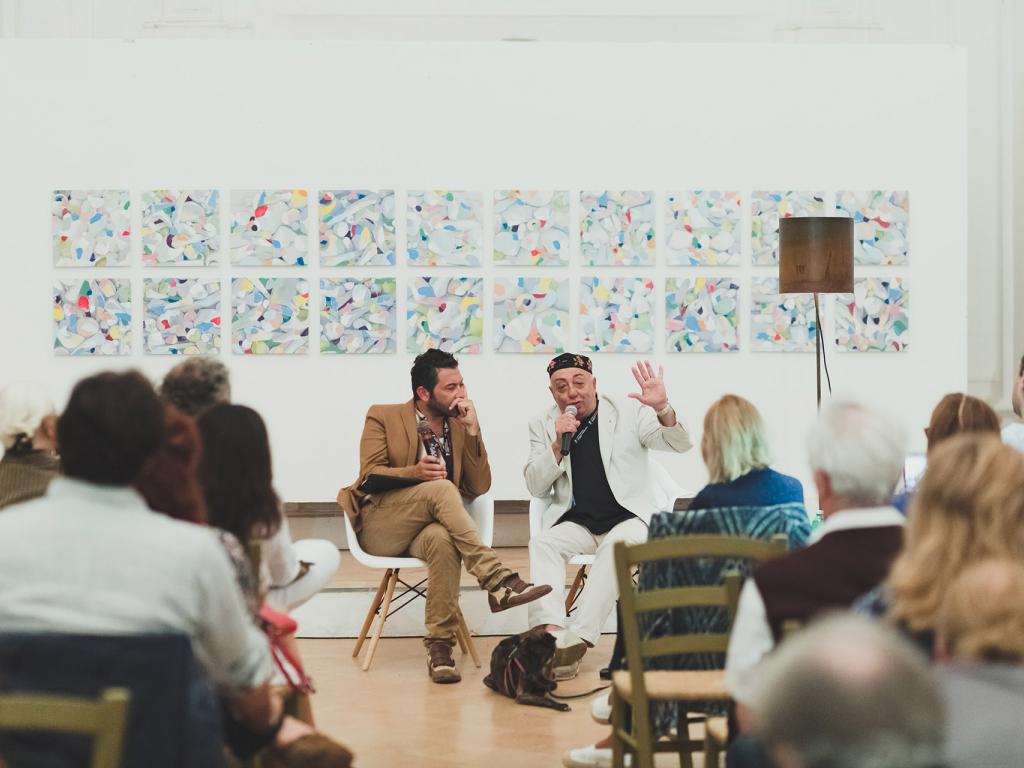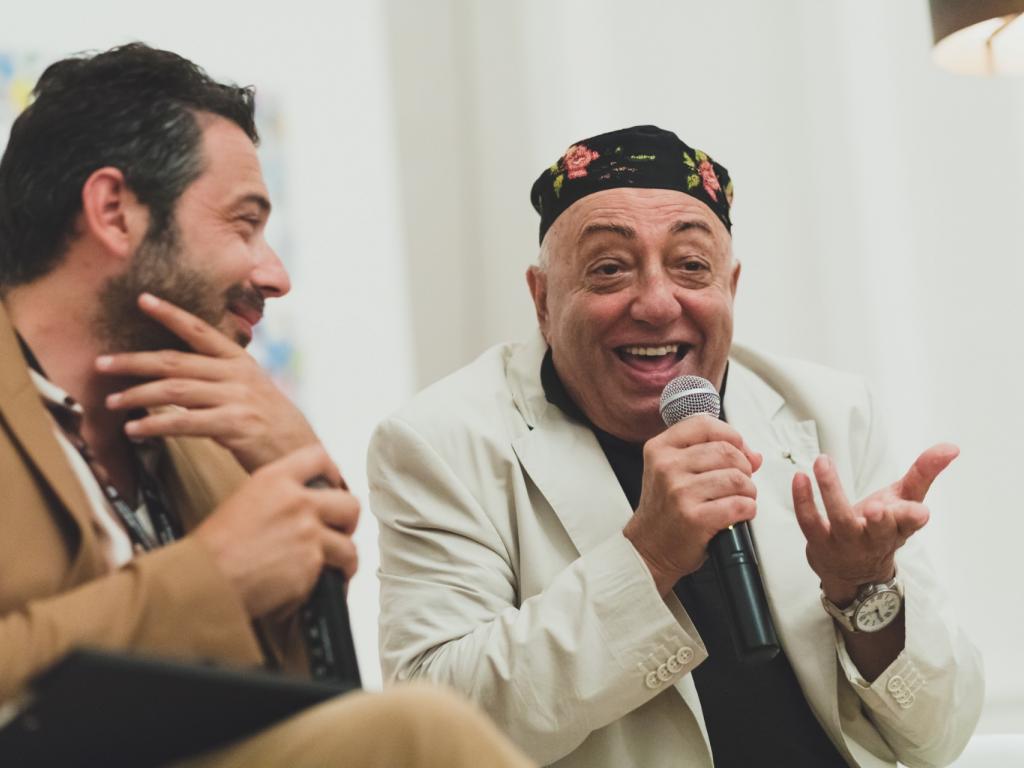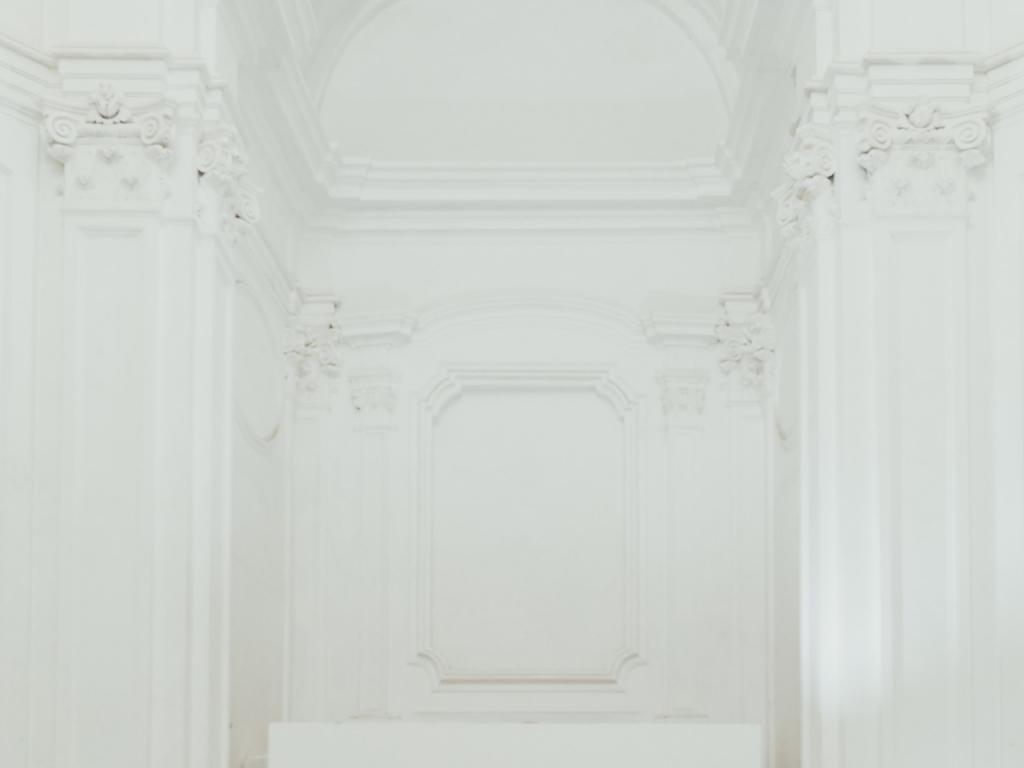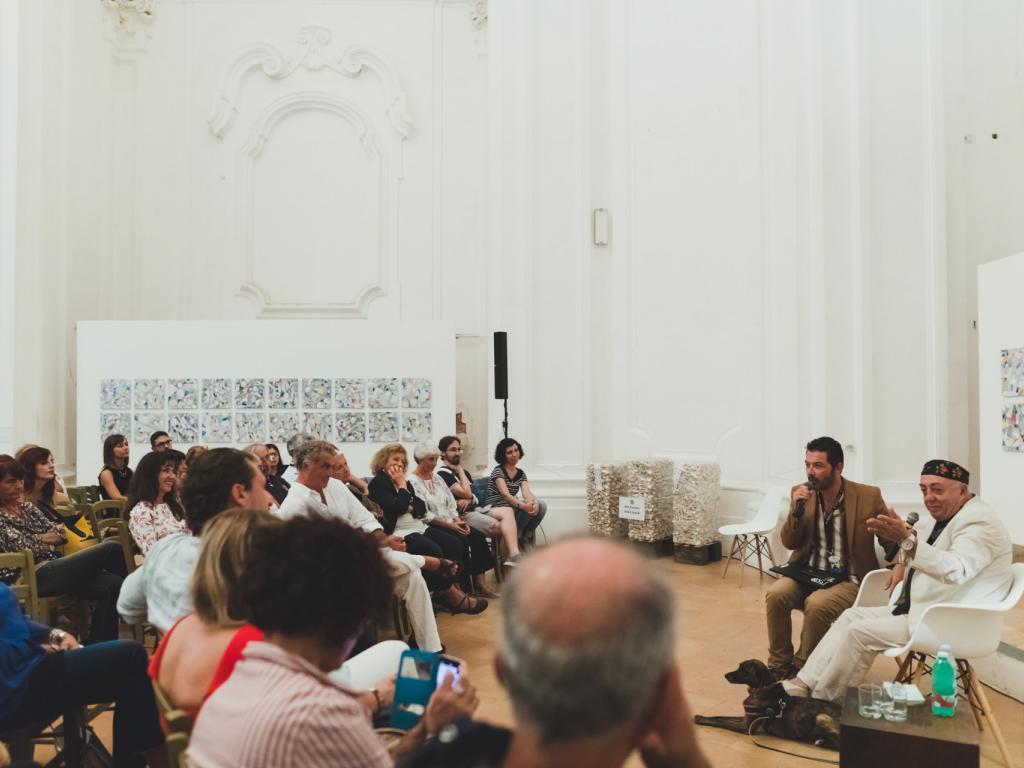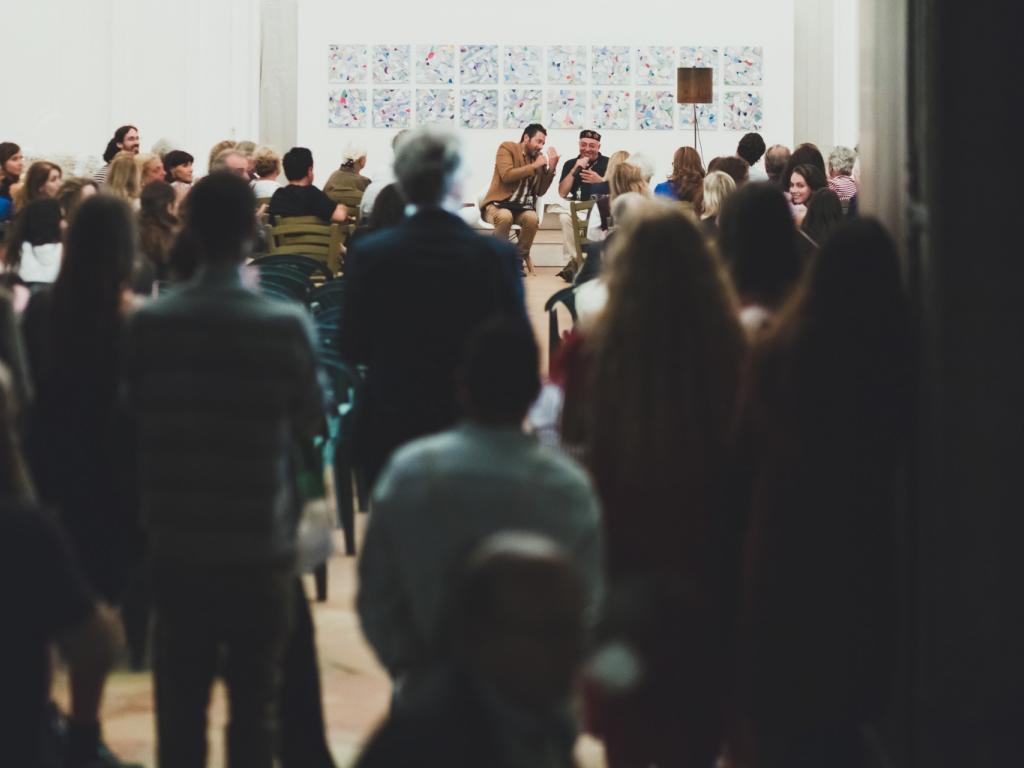La Filosofia, il Castello e la Torre
International Festival of Philosophy
5th edition: God
Ischia Island: 22 - 29 september 2019 | Napoli: 3-4 september 2019
Information and program: www.lafilosofiailcastellolatorre.it
Friday 27 september 2019, Chiesa dell'Immacolata, at 20:30
Il corpo di Dio: Lectio Magistralis by Giulio Giorello, Università di Milano.
Saturday 28 september 2019, Chiesa dell'Immacolata, at 20:30
Ispirazioni divine: meeting with Peppe Barra, singer and theater actor.
After the fourth edition, focused on the core idea of Human Nature, the Festival “La Filosofia, il Castello e la Torre – Ischia and Naples International Festival of Philosophy” aims to question philosophy, science, and religion about a theme whose significance transcends cultures, disciplines, perceptions, and historical periods and cannot be confined to any one field of knowledge: namely, that of God.
Most cultures understand God as a means to bring people together, but also as a means to separate them. God can also be seen as a crossing space, a potential movement from one to the other or to differences, or even as the immanent fact of the world itself. Putting these and other ideas of God in conversation with one another thus creates an opportunity to consider polytheism as more than just a way of refuting the logics and effects of monotheism. The acknowledgement of polytheism is also an opportunity for cross-cultural dialogue in the global era. By thinking about Gods in the plural, we can also think about what binds traditions, Eastern and Western, without de-emphasizing the differences between them, insofar as we cannot begin to think about what is shared without tending to what remains different. This is one reason that the question of God today demands a distinctly philosophical response: it depends on our ability to rethink the relation between the absolute and the particular in new and more flexible ways.
Even in traditional practices of faith, God means dialogue and a relationship to the self; he shows himself to believers through words, prays, confessions and conversions. One who holds a dialogue with himself is, in a certain way, crossing his own interior spiritual space to reach the other, converting his own path into the path of the other. This implies the risk that God can be understood as an ego-projection that leads to a border-dimension of being by means of fear and hope. In such a perspective, Gods can represent a limit to human being itself even if we embrace him as an absolute reality or an expression of self-overcoming Oneness.
It is also true that in our minds God can find his own space as an Idea. As a result, rationality, whose aim is to find a plausible dimension for God as a concept, lives a crisis, producing and living itself as a constant dichotomy between faith and rationality. On this speculative terrain, thinking of God turns into a radical paradox of truth, demanding that we question the fundamental absolute he serves to represent (referring to Nietzsche’s idea of the Death of God).
On the soil of the XXI Century, God, or the concept of God, seems to fight constantly against this end, reasserting itself amid the feeling of abandon that humans now experience again. God instates a new Fall for humans that can also inspire a new attitude, a human disposition to rethink a different divine projection. The question is whether it is possible or even plausible to modify this relationship God-Human, so often meant as a vertical one, into a Human-Human one, meant as an horizontal one. This new relation to God could instead focus attention on a concept of sacrifice that prompts, from a religious or secular perspective, a renunciation of the self and an opening to the other. Can men sacrifice themselves to and for others? This is a crucial question.
Religions are asked to reshape the human-God bond in order to overcome human conflicts, even if it’s clear that some religions use their claims on the stronghold of faith and truth, among other things, to cement their superiority and authority. But in a globalized world, this bond is more than ever dividing people, communities, nations, so we cannot think of different religions in isolation from each other. They must constantly engage in dialogue to support the relationship to an Other that God as an idea represents—whether as freedom for the other, or as a pure relationship with an absolute that implies a social, a cultural and a political dimension at once. This challenge—and the broader challenge of exploring a different relationship to either God or the idea of God—will be the fundamental focus of this edition of the festival.
What does God really represent—whether we consider the latter to be an entity, an idea, an absolute concept—in a globalized society that needs and often finds hope in technology and the sciences, a society that lives with an obsession of being constantly everywhere and transcending all distances?
Is God himself absent?
Does God represent a primordial needy for a relationship to the other?
Can humans really doubt the existence of God without simultaneously claiming the mantel of the absolute—and thus undercutting that doubt from the start?
Philosophy has the duty to shape new ways of thinking and has the ethical task to put the sciences, art and religion in a productive debate, where listening to the other must be a crucial focus. It is this duty we aim to fulfil above all.
(Photos: © Marco Albanelli - Amici di Gabriele Mattera)
